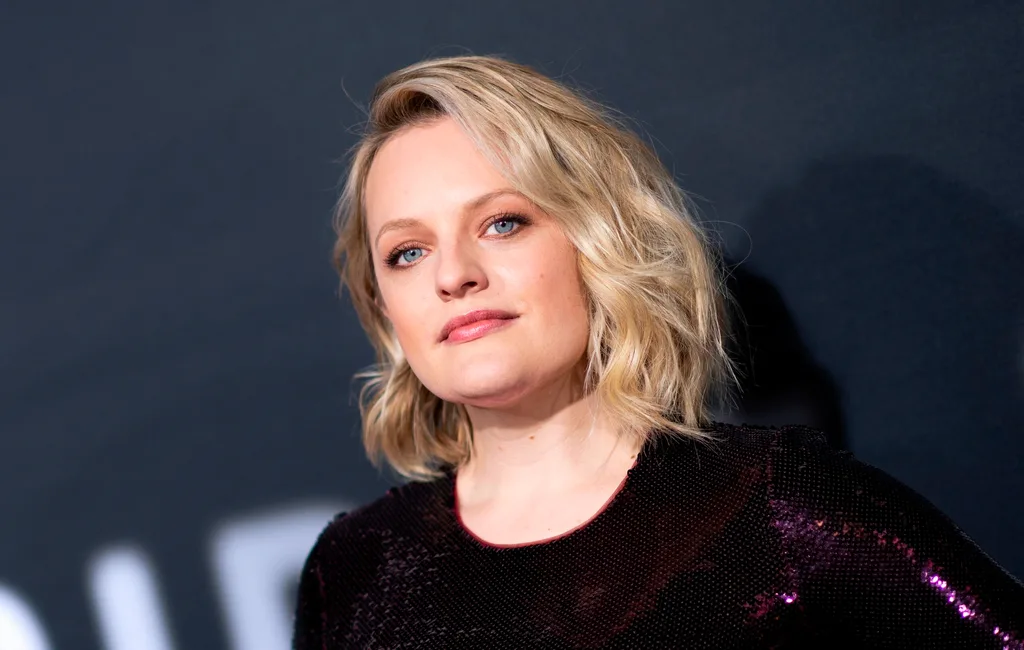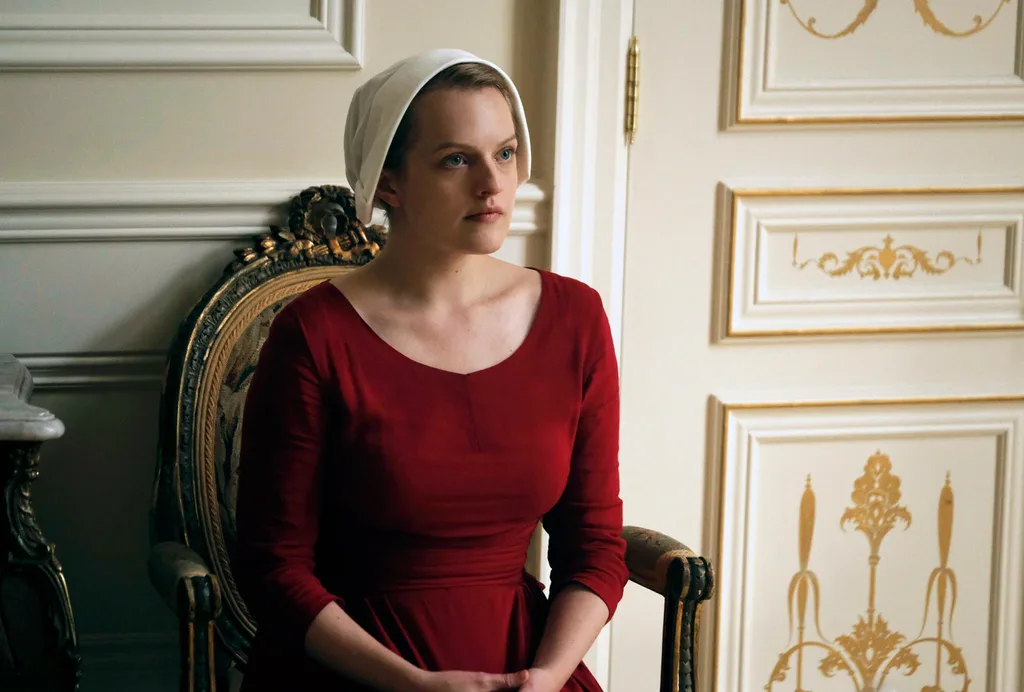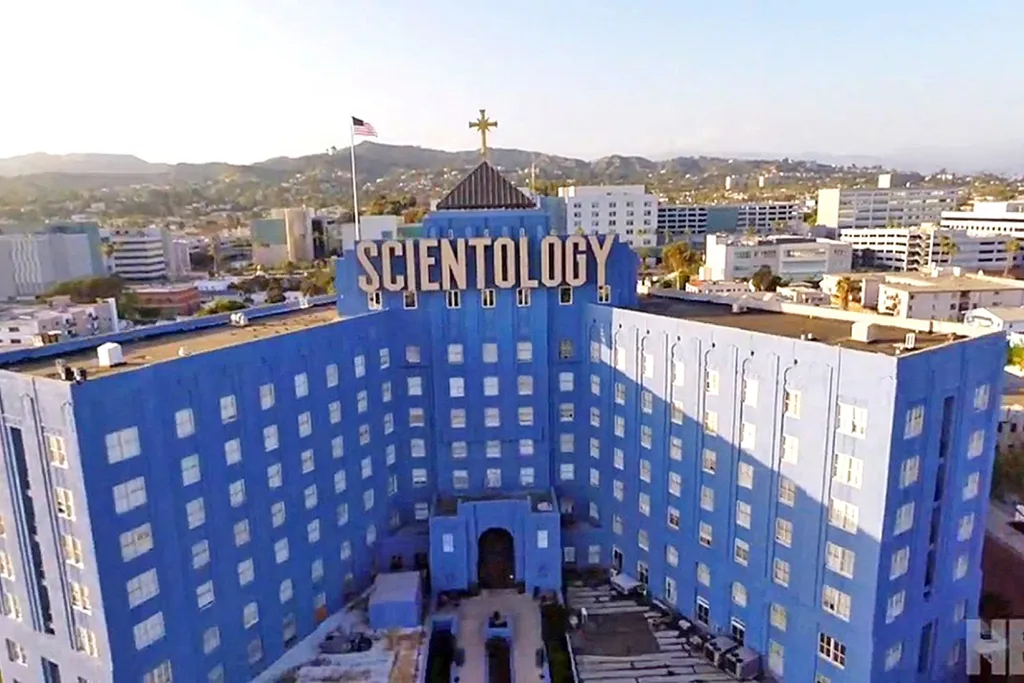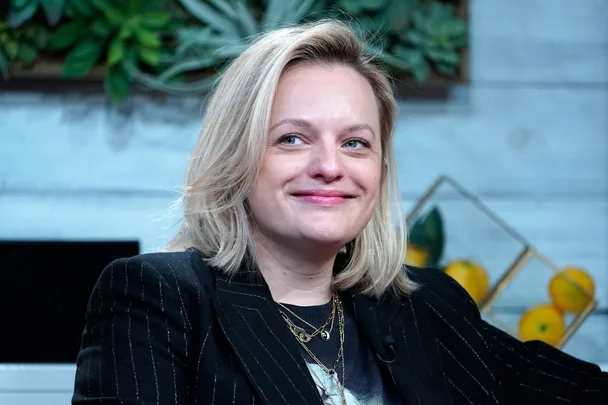Actress Elisabeth Moss, best known for her role in The Handmaid’s Tale, has been a Scientology follower from a young age after being indoctrinated in early childhood, along with her brother. Moss, who has never gone into detail about her relationship with the controversial organisation, has now given an interview with the The New Yorker, where she explained her belief more explicitly than usual.
“It’s not really a closed-off religion. It’s a place that is very open to, like, welcoming in somebody who wants to learn more about it,” she told the publication. “I think that’s the thing that is probably the most misunderstood.”
The Mad Men start then went on to credit Scientology for teaching her critical communication skills, citing them as “probably one of the No. 1 basic things that I grew up learning and grew up using and use every day.”

Moss’ godfather was long-time Scientologist follower Chick Corea, and her father, Ron Moss, performed in a jazz band with Scientologist leader David Miscavige’s father, Ronald.
In 1974 Ron Moss moved to the United States to become Corea’s tour manager and later went on to manage another celebrity Scientologist, Isaac Hayes. Elisabeth Moss speaks highly of Corea, recalling how he was “the first person to see me as an artist, even at five years old. He treated me the same as he would if I was his age.”
According to public Scientology records, Moss took the Hubbard Key to Life Course when she was eight and achieved the state of Clear at age 11. ‘Clear’ is a term used within the organisation to describe those who have achieved a state where they are no longer bothered by trauma or unwanted emotions.

From being forbidden to criticise those in power to never-ending course tiers that require members to increasingly extortionate fees, Scientology has also been accused of mind control, the forced cutting of family ties and putting troublesome members to hard labour. In 1979, several members were convicted for theft of government documents, while others have been accused of tampering with witnesses in trials, and even murder.
It’s concerning that somebody like Moss, in a position of power, would be so openly dedicated to such a cause.
She, however, claims that Scientology is a “misunderstood” religion, but beyond that, doesn’t want to go into too much more detail.
“If you and I met, just hanging out as friends, I’m, like, an open book about it,” she told the interviewer for her New Yorker interview. Adding, “I don’t want people to be distracted by something when they’re watching me. I want them to be seeing the character. I feel like, when actors reveal too much of their lives, I’m sometimes watching something and I’m going, Oh, I know that she just broke up with that person, or, I know that she loves to do hot yoga, or whatever it is.”
She encouraged people who are eager to learn more about Scientology to “find out for themselves,” — whatever that means.

There is no denying that Moss’ connection to the organisation has seen her embroiled in controversy, especially when Scientology itself is shrouded in mystery.
Back in 2017 at the Television Critics Association Awards, one of Scientology’s most outspoken critics, Leah Remini was present at the ceremony along with Moss. Remini won an award for her anti-Scientology docuseries, and when the time came for her acceptance speech, reports quickly circulated that Moss had removed herself from the room.
“I went to the bathroom,” Moss told the New Yorker, when asked to clarify the incident. “I wish it was more exciting than that.”
According to Remini, Moss will likely be forbidden to speak with her, given her vocal stance about the organisation. Moss, however, claims that their paths have simply never crossed, and that there’s nothing else to it.
Whether Moss is ready, or willing, to speak about her involvement with Scientology, it is clear that the public obsession with the organisation will not be dying off anytime soon.










